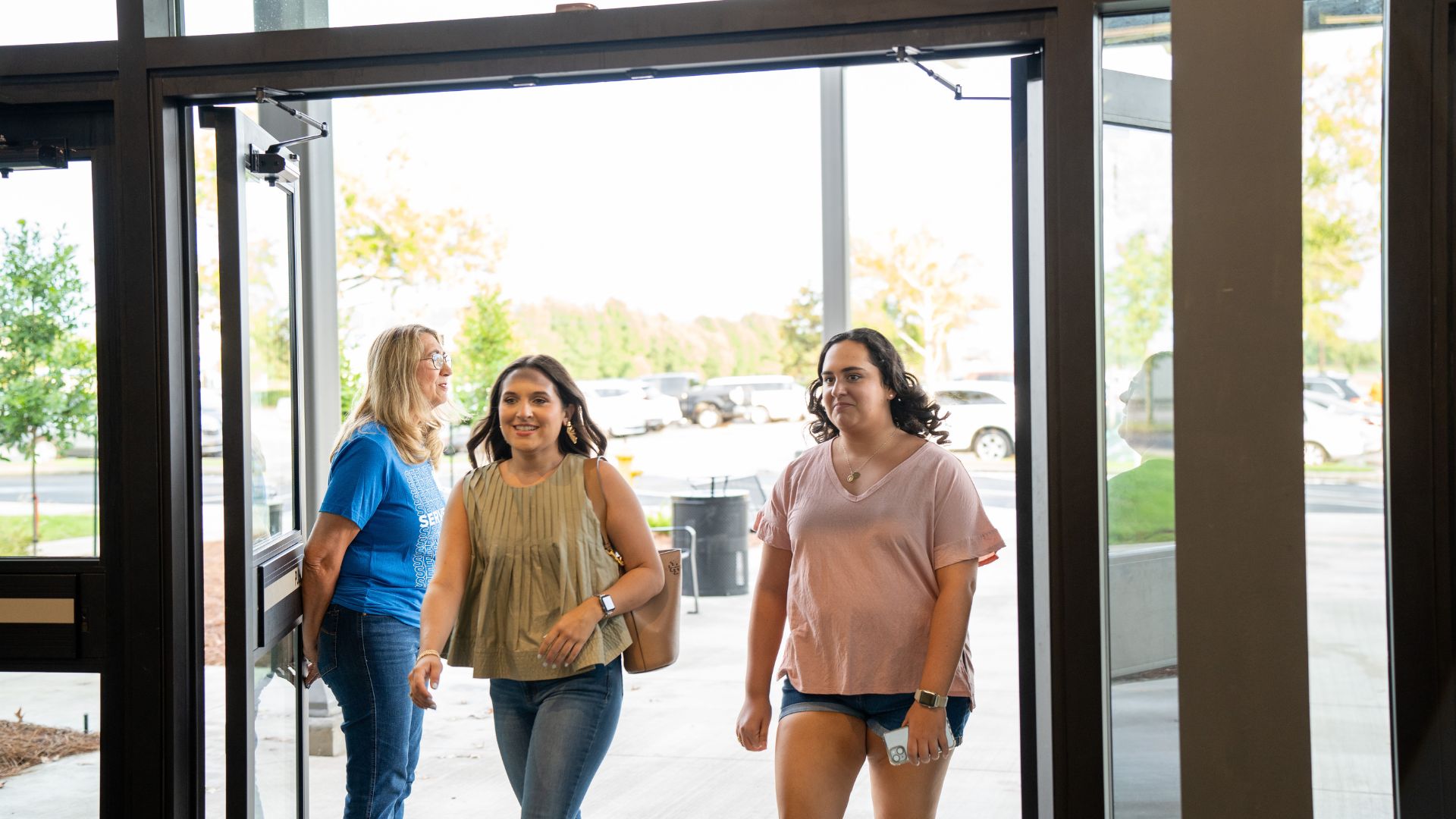8 Common Challenges in a Single Adult’s Spiritual Journey and How to Overcome Them
Embarking on a spiritual journey can be both exhilarating and daunting, especially for single adults navigating life independently. In this blog, we’ll explore the common challenges and practical strategies for overcoming them. Understanding these hurdles can empower your growth, whether you’re just beginning or seeking to deepen your spiritual practice.
1. Understanding Loneliness on the Journey
Loneliness can often accompany those traveling on a spiritual journey, particularly for single adults who might feel isolated in their quest for meaning. It’s essential to recognize that loneliness is not merely a lack of companions; it can also be a profound sensation that surfaces when we confront different aspects of ourselves. Acknowledging these feelings, rather than suppressing them, serves as the first step in overcoming this challenge.
To combat loneliness, one effective strategy is to cultivate a rich inner life through practices like meditation and journaling. These tools encourage self-reflection and help in developing an intimate relationship with oneself. In this way, solitude becomes not just something to endure but a state of being where personal growth can flourish. Connecting with your inner self creates a foundation that not only alleviates feelings of loneliness but empowers your spiritual journey.
Engagement is not the end goal—it’s the beginning of a journey toward marriage. The Bible teaches us that marriage is a covenant (Genesis 2:24, Ephesians 5:31-33), symbolizing the union between Christ and His Church. Because of this union’s depth and significance, entering it without careful consideration can lead to future challenges that might have been avoided by asking key questions early on.
2. Navigating Doubt and Uncertainty
Doubt is an inevitable companion on any spiritual journey, and single adults are no exception. When facing new paths, it’s common to question your beliefs, practices, and the direction you’re heading. These moments of uncertainty can feel daunting, often leading to a sense of paralysis where you may wonder if you are truly on the right path. However, it’s crucial to understand that doubt is not inherently negative; it can catalyze deeper exploration.
One way to overcome doubt is by seeking knowledge and wisdom from diverse sources. Reading spiritual texts, listening to podcasts, or joining workshops can provide fresh perspectives that can help clarify those nagging questions. Engaging with a spiritual community can also foster a sense of connection, allowing you to share experiences and insights. Remember, every question may lead you closer to a more robust understanding of your unique spiritual journey.
3. Managing Expectations of Growth
As you embark on your spiritual journey, it’s easy to form expectations about how and when growth should occur. Single adults often feel pressured to achieve milestones, driven by both internal desires and societal comparisons. However, it’s vital to remember that spiritual development is not a linear path; it often involves winding roads filled with detours and pauses for reflection. What matters is the consistent effort you put in, rather than the speed at which you progress.
To manage expectations, practicing patience and acceptance can be invaluable. Setting aside specific goals that are rooted in flexibility allows for a more organic experience of growth. Additionally, recognizing and celebrating small achievements fosters a positive mindset. Consider keeping a gratitude journal where you can document moments of insight or progress, no matter how minor they may seem. This practice can reinforce the idea that every step forward, even a small one, is significant in your spiritual evolution.
Discipleship plays a crucial role in shaping a Christ-centered marriage. Christian couples can grow together through Bible study, prayer, and attending premarital counseling, all of which will help lay a solid foundation for the future.
Before you get engaged, asking these questions will help you and your partner enter into marriage with clarity, confidence, and Christ at the center. Engagement is a season of preparation, not just a prelude to a wedding. By seeking God’s wisdom and asking intentional questions, you can build a marriage that reflects His design and purpose.
If you’re a single Christian or engaged couple looking for more guidance, TFOMinistries offers valuable resources and insights to help you prepare for marriage in a way that honors God.
By asking the right questions now, you can ensure that you are ready to enter the sacred covenant of marriage with joy and intentionality.
4. Finding Community and Connection
Community plays a critical role in enhancing your spiritual journey, yet single adults may struggle to find their tribe. Engaging with like-minded individuals provides a support network that encourages exploration and growth. The sense of connection can help mitigate feelings of loneliness and enrich your experiences. In-person gatherings, online forums, or workshops can serve as excellent venues to meet others who resonate with your spiritual aspirations.
To forge deeper connections, consider volunteering for community events or joining groups that align with your spiritual interests. These actions can initiate meaningful dialogues and foster a sense of belonging. Remember, it’s important to approach these opportunities with an open heart—allow yourself to be vulnerable and share your experiences. This mutual sharing strengthens bonds and can lead to fulfilling friendships that enhance your spiritual journey.
One way to overcome doubt is by seeking knowledge and wisdom from diverse sources. Reading spiritual texts, listening to podcasts, or joining workshops can provide fresh perspectives that can help clarify those nagging questions. Engaging with a spiritual community can also foster a sense of connection, allowing you to share experiences and insights. Remember, every question may lead you closer to a more robust understanding of your unique spiritual journey.

5. Overcoming Spiritual Burnout
Spiritual burnout is a common yet often overlooked challenge, especially for those deep in their spiritual practices. Sometimes, the quest for enlightenment can morph into a race, causing you to exhaust yourself mentally and emotionally. This is especially true for single adults juggling various life responsibilities. It’s important to pause and realize that burnout is a signal from your inner self, urging you to reconnect with the essence of your journey.
To overcome burnout, consider integrating periods of rest and self-care into your practice. This might mean stepping back from intensive practices and instead engaging in activities that nurture your soul, such as nature walks or creative pursuits. Rather than viewing these breaks as setbacks, approach them as essential parts of your spiritual journey that allow for regeneration. It’s crucial to honor your needs and understand that sometimes doing ‘nothing’ is just as productive as doing ‘everything’ you can imagine.
One way to overcome doubt is by seeking knowledge and wisdom from diverse sources. Reading spiritual texts, listening to podcasts, or joining workshops can provide fresh perspectives that can help clarify those nagging questions. Engaging with a spiritual community can also foster a sense of connection, allowing you to share experiences and insights. Remember, every question may lead you closer to a more robust understanding of your unique spiritual journey.
6. Balancing Daily Life and Spiritual Pursuits
One of the most challenging aspects of a spiritual journey for single adults is finding the balance between everyday responsibilities and spiritual pursuits. Life demands constant attention, from work obligations to relationships, often leaving little room for personal reflection or spiritual development. It’s easy to feel guilty about wanting to take time for yourself when so many responsibilities call for your attention.
To create a harmonious balance, consider establishing a routine that incorporates spiritual practices alongside your daily commitments. Even small moments, such as five minutes of meditation before bed or mindful breathing during lunch breaks, can create a sense of spiritual connection amid busyness. Additionally, setting boundaries around your time will help you prioritize your spiritual well-being. Remember that nurturing your spirit enhances every aspect of your life, leading to increased energy and resilience in managing daily demands.
One way to overcome doubt is by seeking knowledge and wisdom from diverse sources. Reading spiritual texts, listening to podcasts, or joining workshops can provide fresh perspectives that can help clarify those nagging questions. Engaging with a spiritual community can also foster a sense of connection, allowing you to share experiences and insights. Remember, every question may lead you closer to a more robust understanding of your unique spiritual journey.
7. Dealing with External Pressures
External pressures, whether from family, friends, or societal expectations, can often cloud your spiritual journey. As a single adult, you may encounter comments or well-meaning advice aimed at steering you in a direction that’s not necessarily aligned with your values. It can be overwhelming to differentiate genuine support from undue pressure, leading to feelings of confusion and inadequacy.
To navigate these challenges, it’s important to establish a clear sense of your own values and spiritual goals. This clarity serves as a shield against external influences that may sway you off course. Practicing assertiveness allows you to set boundaries with those who may not understand or respect your journey. Engage in honest conversations where you graciously express your need for space or focus. Remember, it’s your spiritual journey—own it unapologetically.
One way to overcome doubt is by seeking knowledge and wisdom from diverse sources. Reading spiritual texts, listening to podcasts, or joining workshops can provide fresh perspectives that can help clarify those nagging questions. Engaging with a spiritual community can also foster a sense of connection, allowing you to share experiences and insights. Remember, every question may lead you closer to a more robust understanding of your unique spiritual journey.
8. Cultivating Patience on Your Journey
Patience is a virtue that often eludes those on a spiritual journey, especially for single adults eager to see instantaneous results. The desire to hurry through learning experiences can lead to frustration and disappointment. It’s essential to realize that spiritual growth unfolds in its own time, much like the changing of seasons. Each phase, whether it feels gratifying or challenging, contributes meaningfully to your journey.
To cultivate patience, consider integrating mindfulness practices into your daily life. This might involve dedicating time to meditation, where you focus on your breath and embrace the present moment. When you learn to appreciate where you are right now rather than where you’d like to be, patience naturally blossoms. Additionally, remind yourself that the journey itself—every twist, turn, and delay—is just as vital as the destination. Allowing time for your spiritual evolution fosters deeper understanding and lasting resilience.
One way to overcome doubt is by seeking knowledge and wisdom from diverse sources. Reading spiritual texts, listening to podcasts, or joining workshops can provide fresh perspectives that can help clarify those nagging questions. Engaging with a spiritual community can also foster a sense of connection, allowing you to share experiences and insights. Remember, every question may lead you closer to a more robust understanding of your unique spiritual journey.









